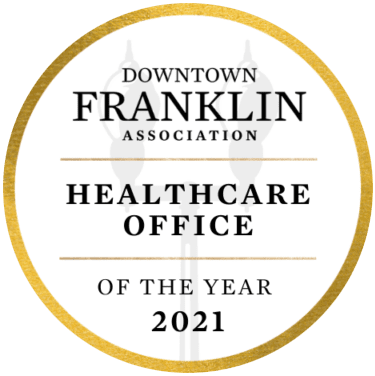- (615) 595-6111
- 615-595-9514
- 216 3rd Ave N, Franklin, TN 37064
- office@downtownfranklinfamilydentistry.com
- (615) 595-6111
- 615-595-9514
- 216 3rd Ave N, Franklin, TN 37064
- office@downtownfranklinfamilydentistry.com
Did you know that sleep apnea affects more than 20 million Americans? Unfortunately, many people are completely unaware of their condition. This can be a serious disorder, which is why education on the topic is so important. Here, we will break down this disorder and share some treatment options for you to try.
What is Sleep Apnea?
According to the American Dental Association, sleep apnea is a common and serious sleeping disorder that occurs when your regular breathing is interrupted during sleep. Sleep apnea can impact anyone at any age, although men are at a greater risk. The risk is also higher for people who are over 40, overweight, have large tonsils, or have a nasal obstruction. If left untreated, sleep apnea can result in high blood pressure, stroke, heart failure, diabetes, and other conditions. It’s important to note that there are two main types of sleep apnea: Obstructive Sleep Apnea and Central Sleep Apnea. We will discuss these two types in more detail below.
Obstructive Sleep Apnea
This is the more common form of sleep apnea. It occurs as a result of blocked airflow during sleep, usually when the soft tissue at the back of the throat collapses while you sleep. Some health factors may contribute to the development of this disease.
Central Sleep Apnea
This type of sleep apnea occurs when brain signals cannot properly signal the breathing muscles. The airway is not blocked with central sleep apnea. However, the brain fails to signal the muscles to breathe. Central sleep apnea can occur if a person has conditions such as heart failure, brain tumors, brain infections, or stroke.
Sleep Apnea Treatments
The good news is that sleep apnea can be treated! There are several options for this including:
Adjusting Your Sleeping Habits: This may mean simply not sleeping on your back or changing other elements of your sleeping patterns.
Continuous Positive Air Pressure (CPAP): A CPAP machine is a device which improves your breathing while you sleep. The CPAP supplies air through the nasal passages and the air pressure keeps the airway open while sleeping.
Oral Appliances: Certain oral devices can shift and support the jaw to prevent the airway from collapsing. Research shows that oral appliances can successfully prevent sleep apnea in some cases.
Surgery: Surgery may be recommended if other treatments prove to be unsuccessful in eliminating your symptoms. Depending on the exact location and nature of the airway obstruction, the procedure may be minimally invasive or could be more complex. It may be necessary to remove the tonsils or other parts of the soft palate or throat
If you think you have sleep apnea or would like to learn more about sleep apnea, Dr. Abrams would like to help. At Downtown Franklin Family Dentistry, we strive to provide each patient with the most comprehensive and individualized care plan. Give us a call at 615-595-6111 to schedule your next appointment!
The idea of getting dentures or partial dentures can be daunting and...
Read MoreAre you interested in providing affordable dental care for you and your...
Read MoreSeptember is Gum Care Month, a time dedicated to highlighting the importance...
Read MoreCheck out our affordable membership plans from Downtown Franklin Family Dentistry.
Read MoreMaintain those smiles all year long, schedule a back-to-school appointment now.
Read MoreWe have exciting news to share with our valued patients at Downtown...
Read MoreChoosing SureSmile Clear Aligners is an investment in your long-term oral health...
Read MoreDental implants are a state-of-the-art solution for replacing missing teeth and restoring...
Read MoreAt Downtown Franklin Family Dentistry, your safety and well-being are paramount in...
Read MoreMaintaining good oral hygiene goes beyond just brushing and flossing at home....
Read MoreAs we age, we often focus on maintaining our youthful appearance, but...
Read MoreApril is Oral Cancer Awareness Month, a time dedicated to highlighting a...
Read MoreAt Downtown Franklin Family Dentistry, we understand dental procedures can sometimes feel...
Read MoreHave you ever admired someone’s flawless smile and wondered how they achieved...
Read MoreAre you tired of wincing in pain every time you indulge in...
Read More

